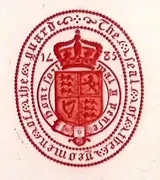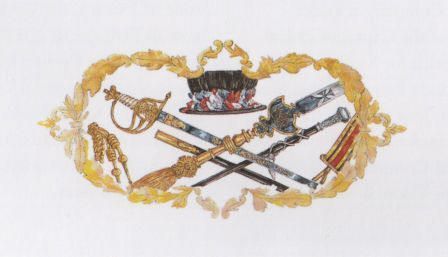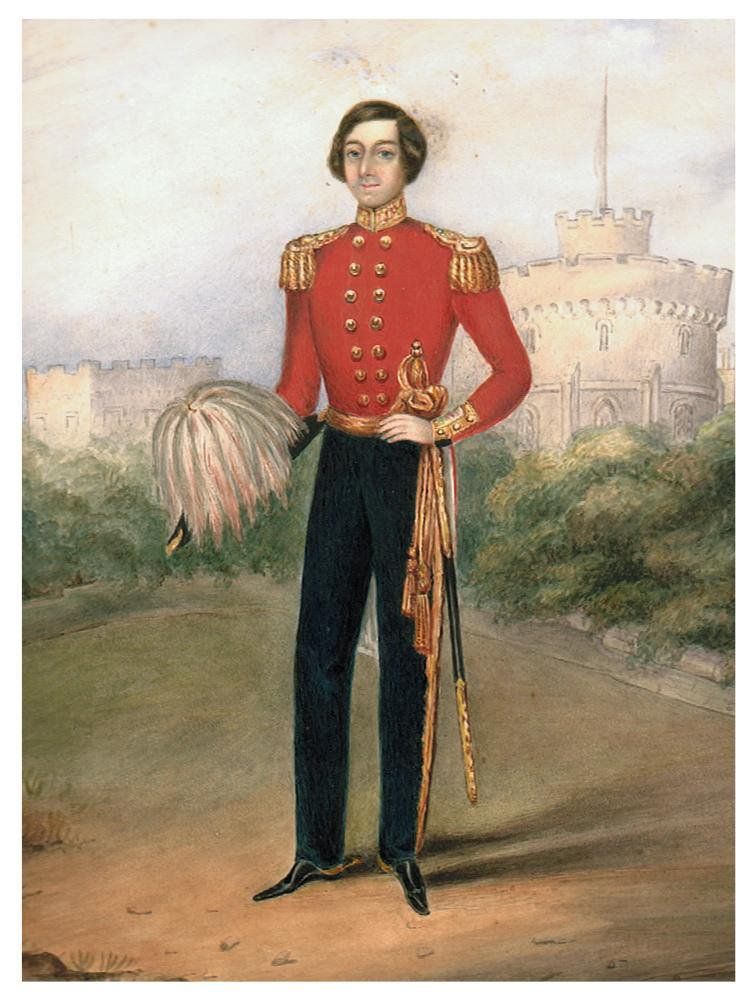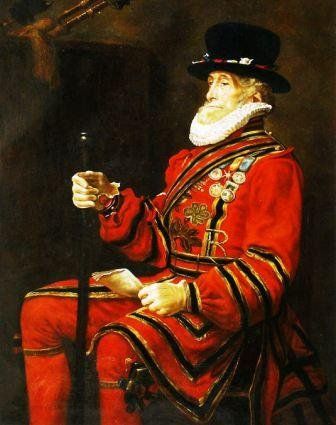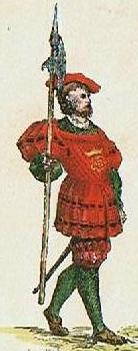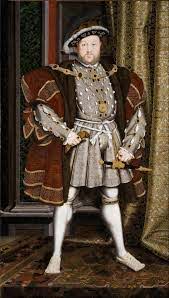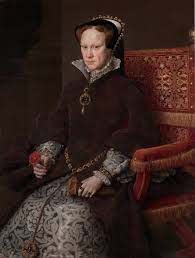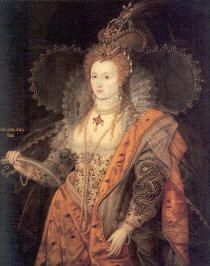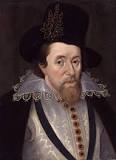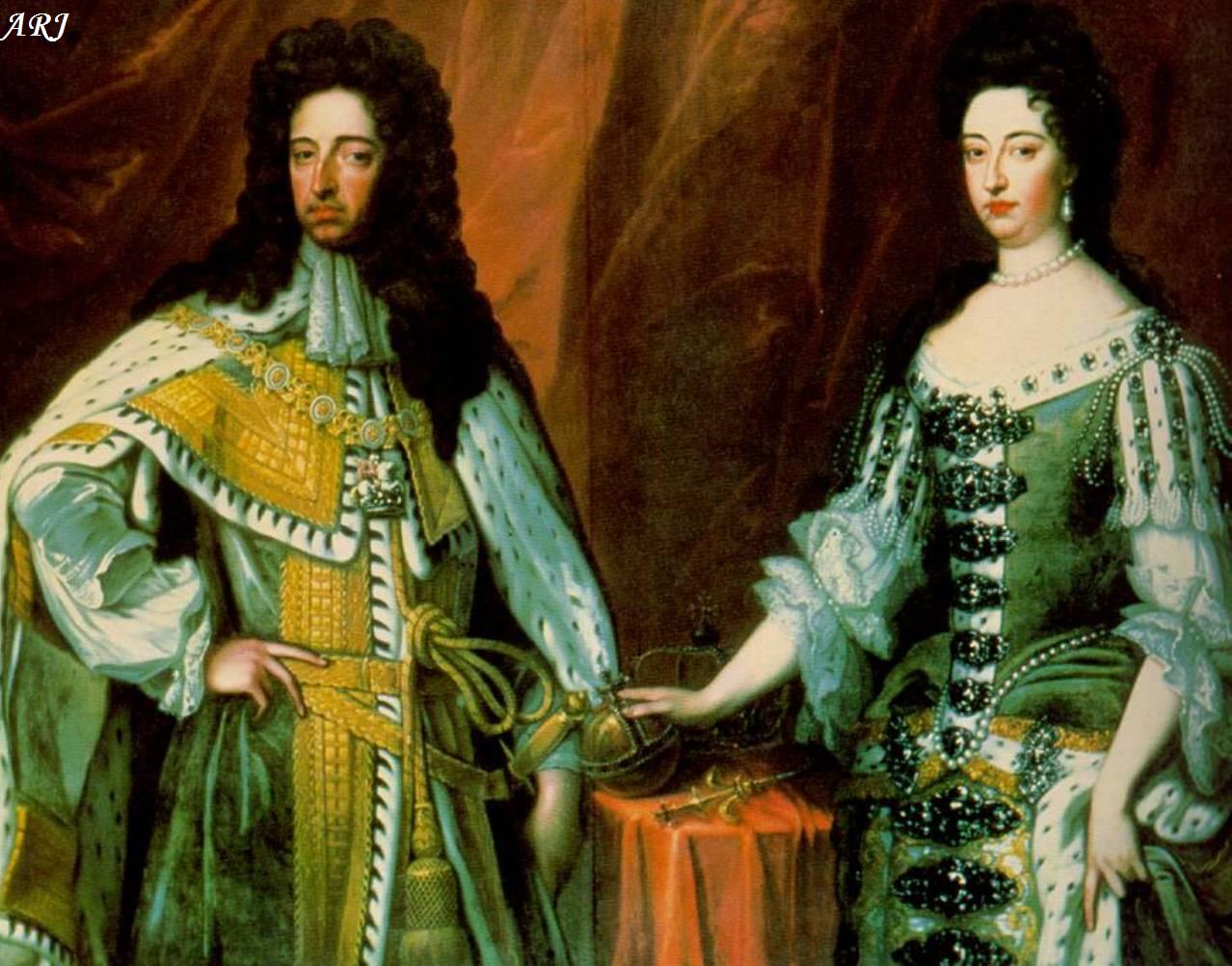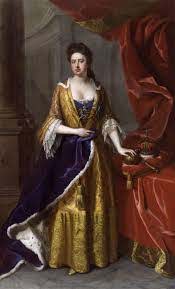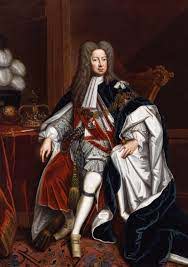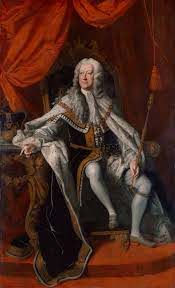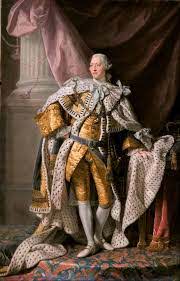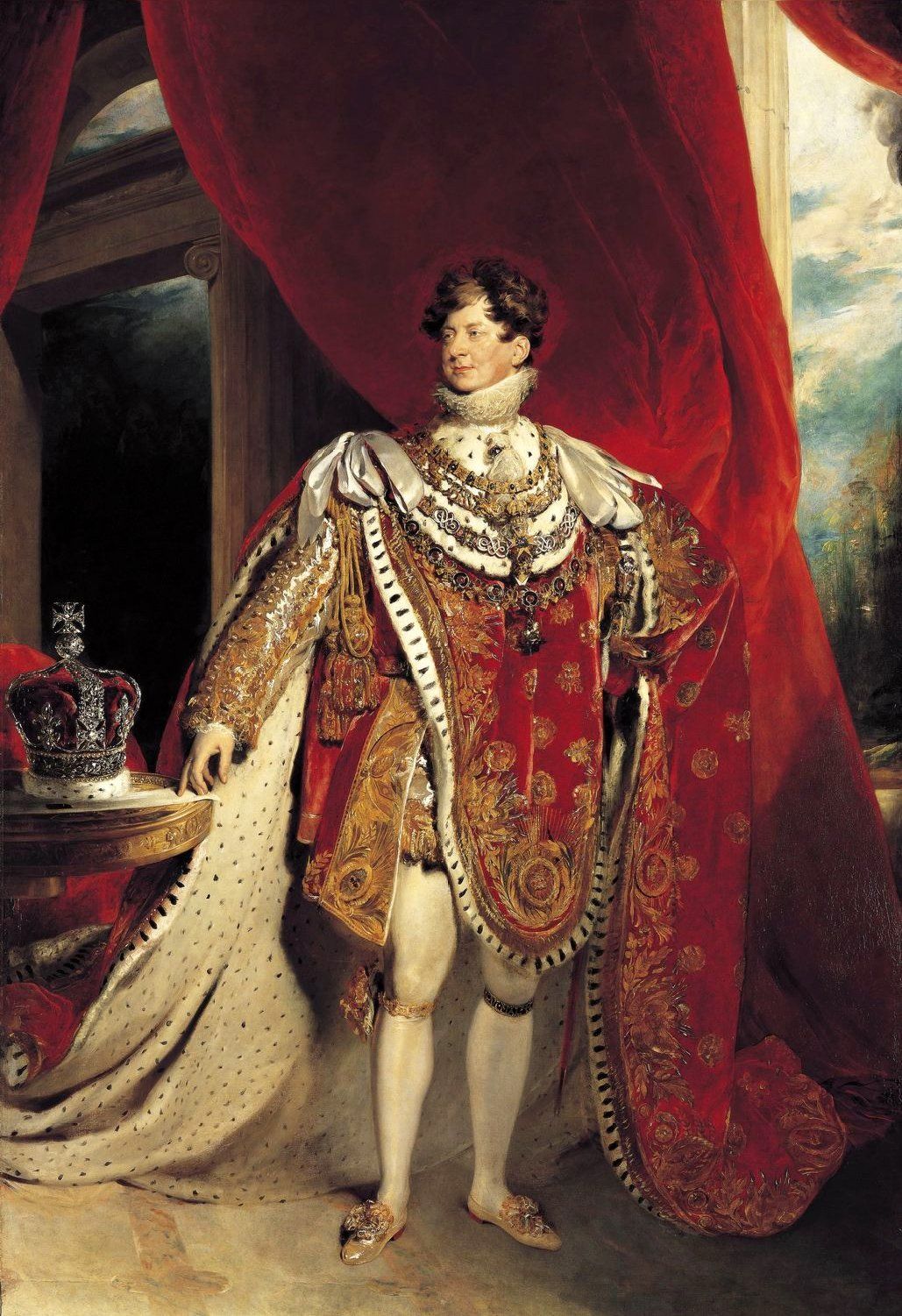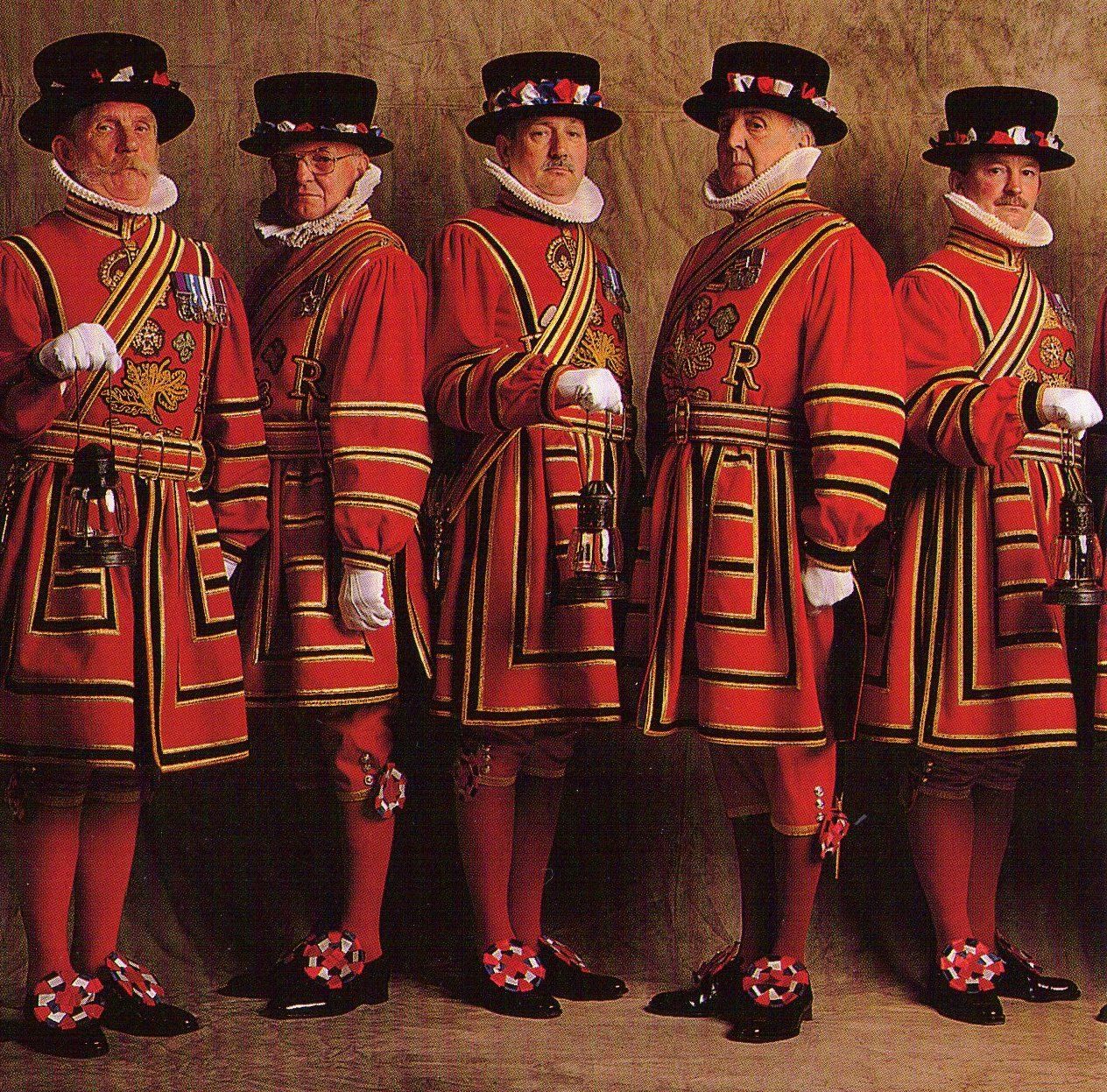Exon
The next officers in rank are four Exons. (Image is Thomas Seymour Sadler, Senior Exon, 28 Feb 1849). The first mention of Exon is in the ceremony of All Nights, which is fully described in the chapter relating to Charles II. They were added to the staff of officers in 1668 just about the time when Marsham’s account of All Night was written. The derivation and meaning of the word exon has been and is a puzzle to many, but it is undoubtedly the French pronunciation of the word exempt. An exempt was an officer in the old French Garde Du Corps. “Exempts des Guedes du Corps” are described in a military dictionary as “Exons belonging to the Body Guards,” There was in France till quite recently an officer of police called “Un Exempt (exon) de Police.” When Charles II formed his Horse Guards he created a commissioned officer who was styled indiscriminately the exempt or the exon, and in each of the two troops this officer ranked with the captain. There is further confusion connected with the title of exon, for in his commission he is styled corporal. But it appears that in Elizabeth’s reign “corporal” was a commissioned officer, and the term was synonymous with captain. Down to the time of the coronation of George III, which took place on 22nd September, 1761, corporal was only another word for exon, as may be seen on referring to the official programme of the coronation, wherein mention is made of “the Corporals or Exons of the Yeomen of the Guard.” The exempt in the French Garde du corps always had charge of the Night Watch, and the exon is the English Body Guard was especially appointed for that service.
Curiously enough the word Exempt is also used in the orders of the Yeomen of the Guard with its English meaning. On the present Muster Roll there are still two “Exempts,” that is, men who are exempt or excused from duty, and the term “Exempt Yeoman” is used in the same sense in an order dated 12th March, 1790.
The Exon’s duty as defined in 1881 was to occupy the Exon’s quarters at St James’s Palace, to attend the calling of “the Bill” at mid-day at the Yeomen of the Guard’s Office, and to ascertain from the Lord Chamberlain’s Department what other orders there might be for the day. The present rules require that a candidate for the appointment of Exon must have been a captain in the army or marines or Indian army. The value of an exon’s commission in 1881 was £3,500 the uniform is similar to that of the other officers, except that the Exons do not wear the aiguillettes. The present senior Exon is Honorary Lieut-Colonel C.D.Patterson, whose appointment dates from 12th February 1862. The next is Captain F. Brockman Morley, 23rd January 1869; then Colonel Henry Hume, C.B., 23rd November, 1873; and Major R.G.Ellison 4th December, 1884.
